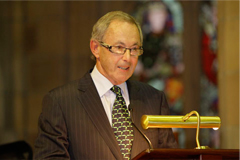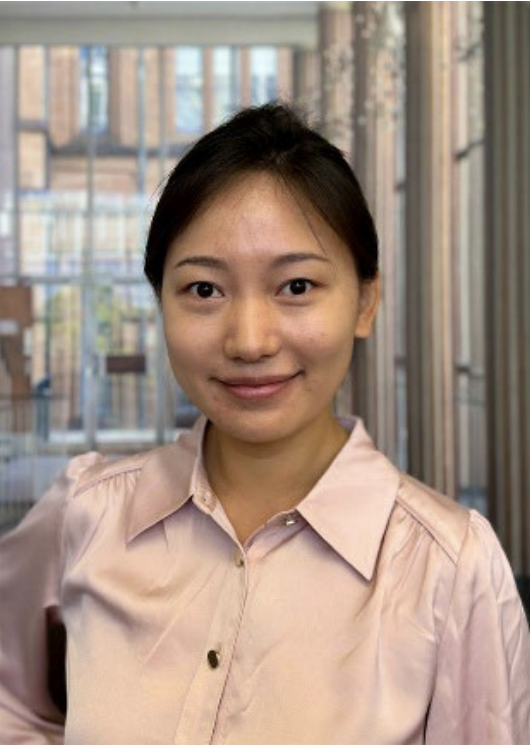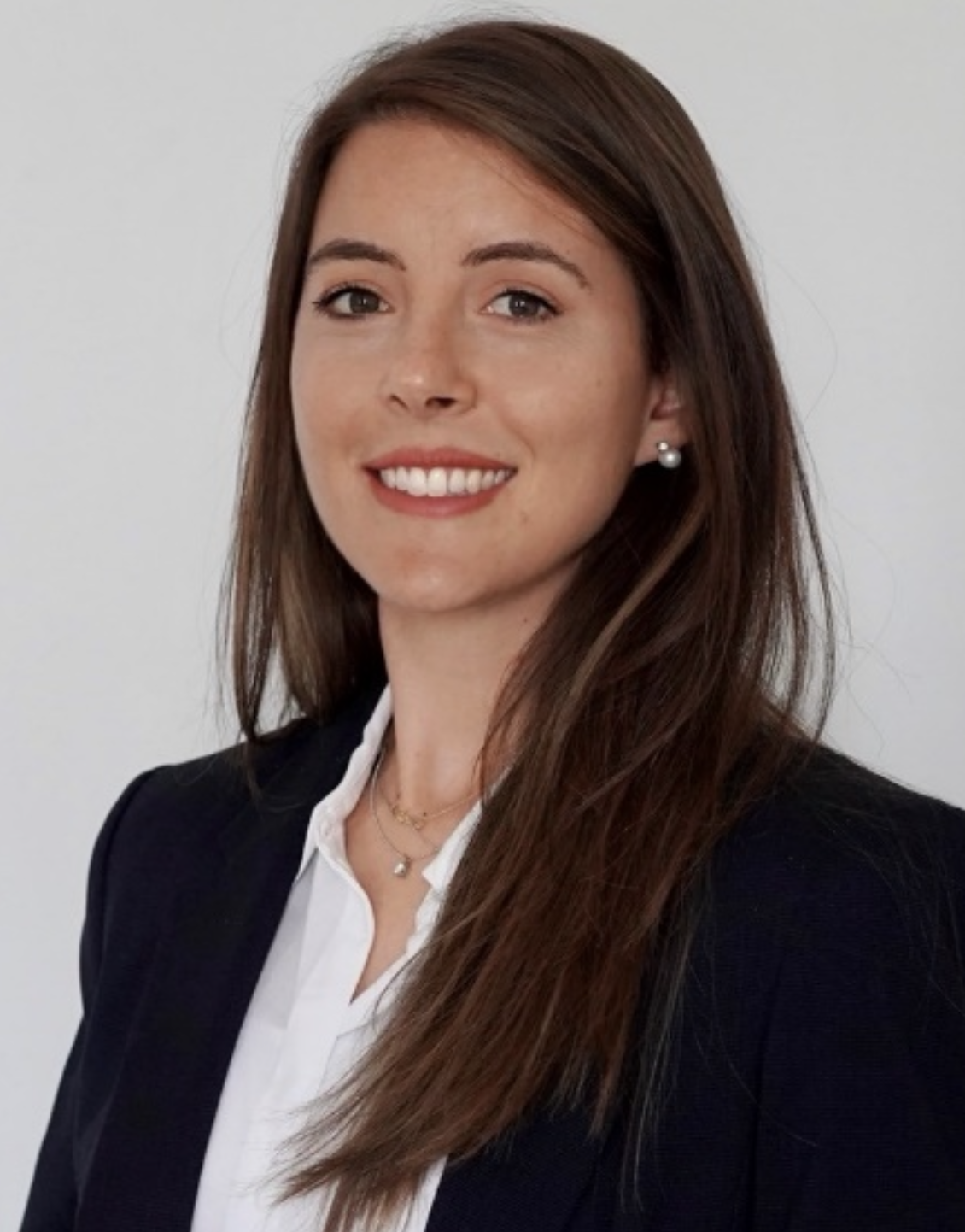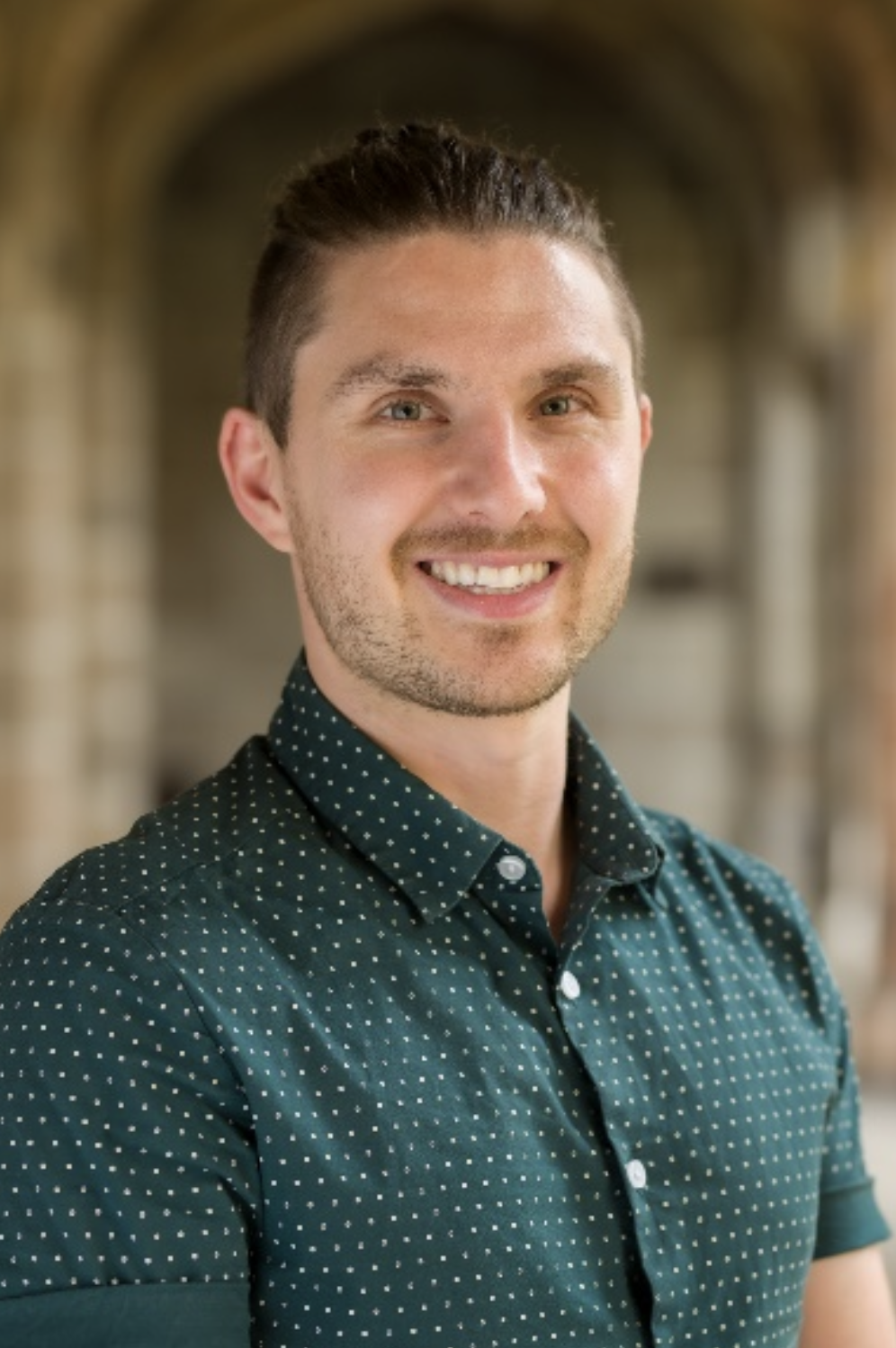2026 Selby Research Awards
-
The Selby Research Awards are granted annually by both the The University of Melbourne and The University of Sydney. The award is to assist an outstanding academic establish his or her research career. The Foundation congratulates:
-
Dr Haihui Joy Jiang
School of Chemistry
University of Sydney
Awarded on 27/03/2025Bio
Joy completed her Ph.D. in Chemistry from the University of Sydney, developing nanomaterials and functional ionic solvents. Joy then moved to Harvard University with a postdoctoral fellowship in the group of Prof. George M. Whitesides, in the Department of Chemistry and Chemical Biology, where she worked at the intersection of chemistry, materials science, and engineering. Joy also held a joint appointment in the group of Prof. Dimitar D. Sasselov, at Harvard Smithsonian Center for Astrophysics, where she worked on the chemical origin of life. Joy returned to Sydney in 2024, as a Lecturer and group leader in the School of Chemistry. Her group develops sustainable and low-carbon solutions for solving energy and climate challenges.
Project synopsis
The pressing issue of climate change is costing the world $24.2M per hour and will cost Australia $4.5M per hour by 2050. The chemical industry is the largest energy consumer and the third largest greenhouse gas emitter worldwide. The urgent need to decarbonize it motivates my group’s interdisciplinary efforts to develop chemical and material science solutions.
This Selby research award will enable my research team to leverage our unique expertise in plasma electrochemical methods, tunable electrolytes, and device engineering, to develop scalable reaction pathways with zero carbon footprint for the production of useful chemicals — with the primary goal of mitigating climate change. Harnessing the qualities of plasma to drive fast reaction kinetics with minimal costs, the specific goals are to i) electrify the production of high-demand chemicals with zero emission; ii) drive selectivity and scalability of chemical reactions via catalysts at plasma-activated interfaces; and iii) engineer systems for on-demand production and release. The supported research will benefit Australia by advancing clean-energy processes (for our path to Net Zero) and reducing climate risks.
Message of thanks
I sincerely thank the Selby Scientific Foundation for the 2025 Selby Research Award. This honour marks a significant milestone for my team, fuelling our work and providing essential resources empowering us to directly confront the critical need for cleaner industrial processes, particularly within the energy-intensive chemical sector. I deeply value the Foundation’s active role in advancing science and innovation across Australia, especially in supporting early career researchers like myself. This significant support enables my group to accelerate the development of our plasma electrochemical approaches, creating electrified chemical synthetic pathways using abundantly available starting materials, and helping advance Australia’s transition towards Net Zero and a more climate-resilient future.
-
Dr Ludovica Monti
Lecturer, School of Chemistry
University of Melbourne
Awarded on 15/04/2025Bio
Dr. Ludovica Monti earned her PhD from Sapienza University of Rome, with training in medicinal chemistry across Italy and the USA at the University of Pennsylvania and UC San Diego. Her work contributes to the discovery of new candidate drugs for neglected tropical diseases by applying cutting-edge chemical biology and genomic approaches in parasitology. She has been awarded prestigious individual fellowships, including the Marie Skłodowska-Curie Fellowship while at Imperial College London to lead an interdisciplinary research program. In 2024, she joined the School of Chemistry at the University of Melbourne as a lecturer, where she heads a research group at the Bio21 Institute. Her lab is interested in studying host–parasite interactions and developing innovative biotherapeutic strategies to treat parasitic infections.
Project title: Development of novel nucleic acid molecules for therapeutic advancement
Project synopsis
Parasitic diseases affect millions worldwide, and the rise of drug resistance is an urgent global health challenge that requires immediate attention. This Selby Research Award will support interdisciplinary efforts to develop innovative treatments to tackle these diseases. Leveraging our team’s expertise in chemistry, genomics, and bioinformatics, we aim to design novel peptide-derived molecules that precisely targets the DNA of parasites, disrupting vital biological processes with high specificity. This research has the potential to transform antiparasitic drug development, opening new avenues to combat neglected tropical diseases and strengthen Australia’s biosecurity against emerging parasitic threats.
Message of thanks
I am deeply honoured to receive this award and sincerely thank the Selby Scientific Foundation for their generous support. This recognition comes at a pivotal moment in my research journey, empowering my team to explore transformative strategies to tackle parasitic diseases. I am especially grateful for the Foundation’s commitment to supporting early-career researchers and advancing science with real-world impact. This support will be instrumental in accelerating our efforts to develop safer and more effective treatments, addressing the growing challenges of antimicrobial resistance and the urgent need for improved therapies.
Back to Top -
Dr Marcus Giansiracusa
Melbourne Postdoctoral Fellow, School of Chemistry
University of Melbourne
Awarded on 15/04/2025Bio
Dr Marcus Giansiracusa completed his MSc (with distinction) at the University of Melbourne before completing a PhD at the University of Manchester utilising the UK National EPR Facility and ISIS Neutron and Muon Source. He received the Melbourne Postdoctoral Fellowship for Science 2023 where along with Prof Colette Boskovic, he helped to establish the Melbourne Magnetometry Laboratory for the study of magnetic materials. He manages the platform and liaises with local, national and international collaborators to design measurements for the characterisation of magnetic nanoparticles, molecular complexes, and geological/archaeological samples. The Giansiracusa research group focuses on the physical characterisation of novel magnetic materials utilising EPR, inelastic neutron spectroscopy and magnetometry techniques. They aim to study lanthanoid containing molecules for their electronic and magnetic properties, targeting single-molecule magnets, lanthanoid exchange coupling and solid-state phonon properties.
Project title: Optimised Computational Approach to Lanthanoid Electronic Structure Predictions
Project Synopsis
My research looks at new materials based on molecular magnets that have potential applications in memory storage devices (hard drives), computers and quantum technologies. However, there are still obstacles to developing and applying these materials at industrial scale. My research examines a selection of rare earth elements, used in generating molecular magnets, to identify factors that are currently holding them back from real world applications.
Message of thanks
I am honoured to receive the Selby Research Award and would like to thank the Selby Scientific Foundation for their consideration. This award will accelerate my research portfolio by expanding multiple research directions and providing important infrastructure to consolidate my research group in Australia. It will allow me to strengthen my overarching goal of advancing chemical understanding of these critical rare earth elements. As a result of this support, I will also build my collaborative network locally and international with luminescence groups at the University of Melbourne, the electron magnetic resonance team at the USA National High Magnetic Field Laboratory and quantum collaborators at Florida State University.
Back to Top




